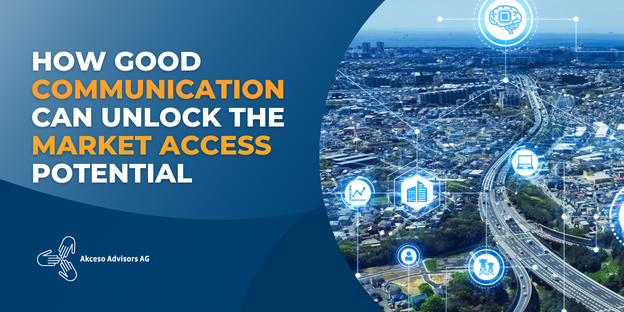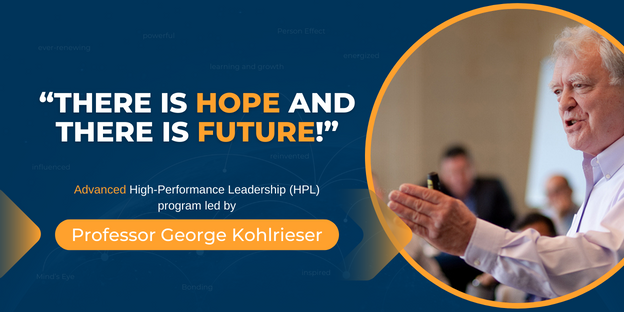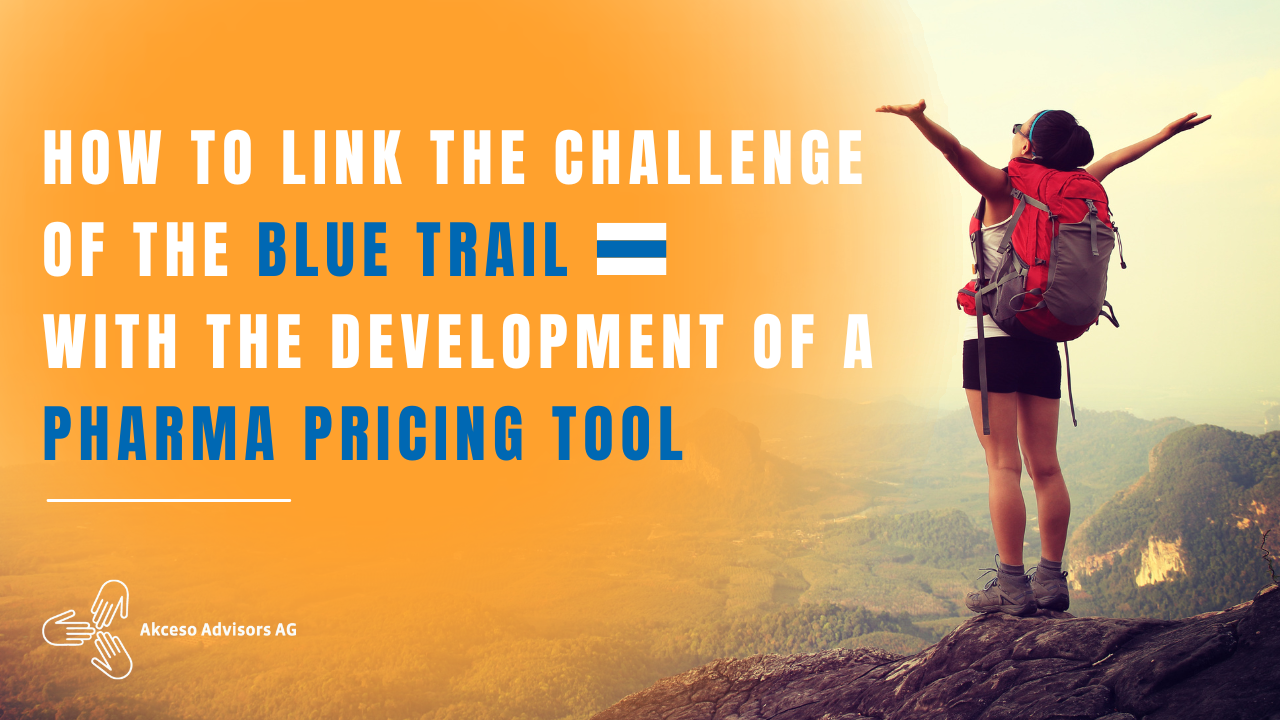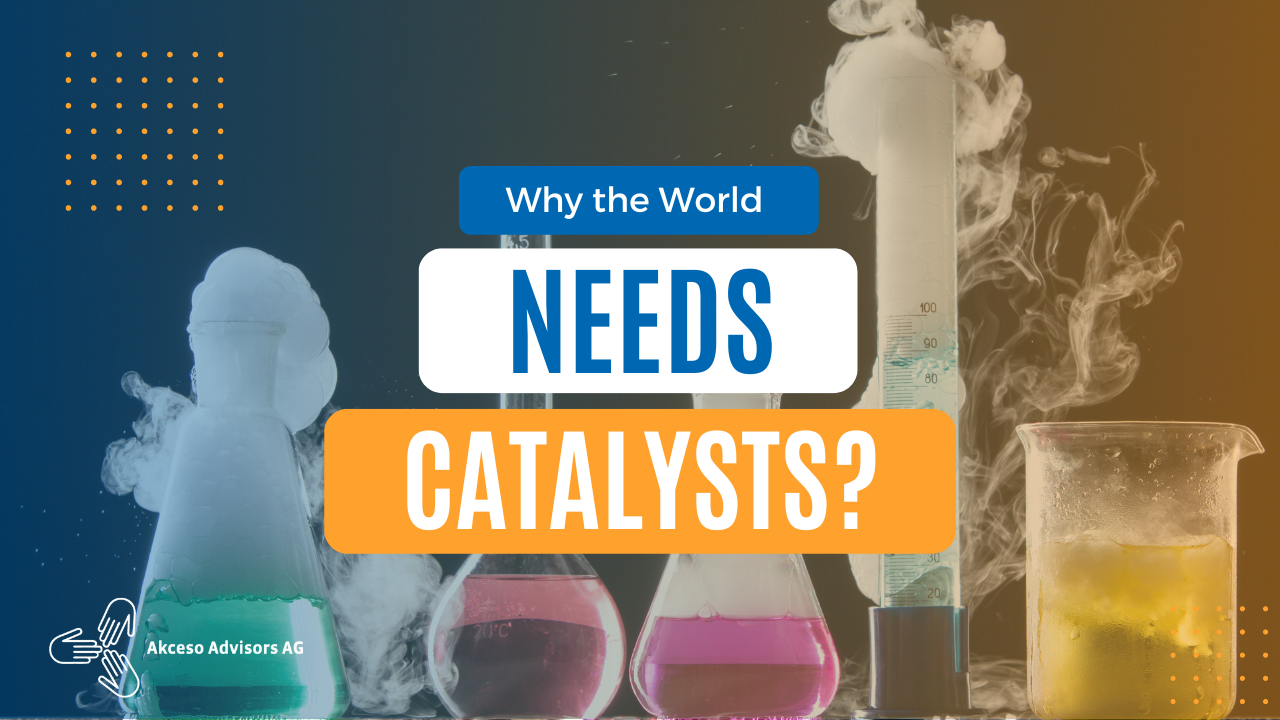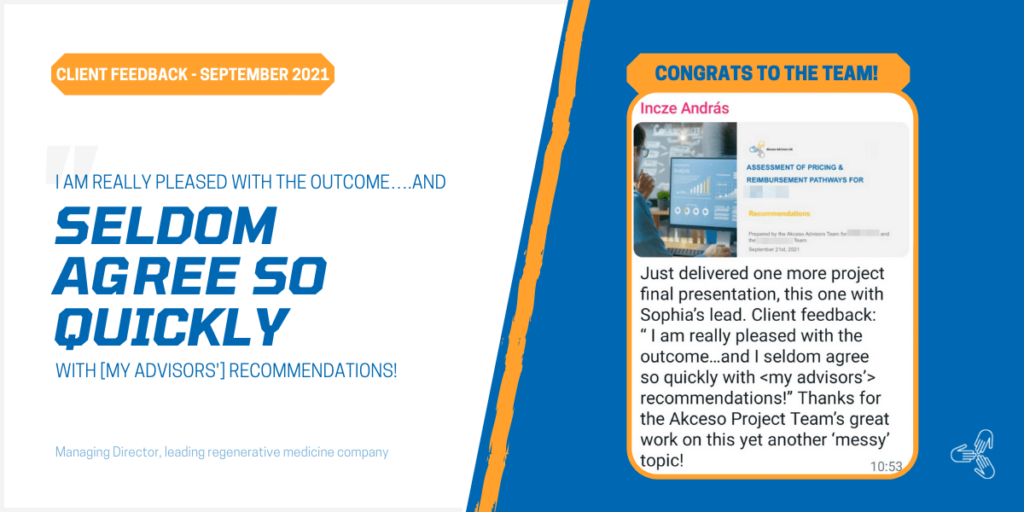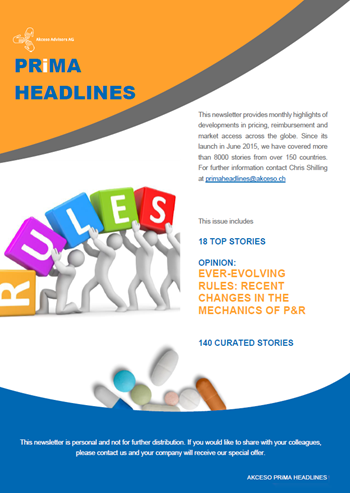

30-November-2022
Written by Joan Gibert and András Incze
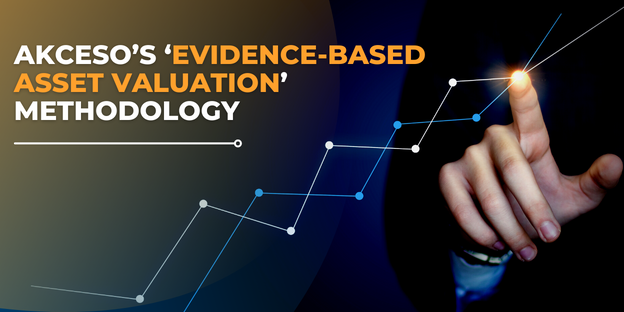
How Akceso’s approach supports payer-relevant clinical and economic evidence generation for your development of drug?
An application of Akceso’s ‘Evidence-based Asset Valuation’ methodology
Evidence-based Asset Valuation is not a hype or an industry buzzword. It is an actual method that includes professional added value services by Akceso Advisors and enables pharma companies to reach the best potential value for their products.
Many industries apply similar methods to evidence-based asset valuation when there is a need for gathering data and other empirical evidence via research to support business development or strategy. This is an accepted practice to identify the societal, economic, and financial value of company assets and upcoming innovations. As the pharmaceutical industry is continuously innovating and bringing new drugs to markets it has become imperative to utilize evidence-based research to determine the proper go-to-market strategy. This includes, eminently, the design of the clinical and economic evidence generation program and trials to help guide the right treatment, financial and budget decisions.
What are the benefits of using Evidence-based Asset Valuation in a pharmaceutical context?
- Anticipate potential income of a new drug or asset to be introduced into the market
- Secure funding for the pharmaceutical asset (drug) development
- Support Business Development asset buy-in decision
- Support sell decision with clear evidence
- Prioritize investment into the product portfolio
- Identify the payer-relevant clinical endpoints and instruments for the trial design
- Prioritize indication development of a drug
- Craft a Pricing and Market Access strategy
We gather all the necessary information from the markets, government and health institutions, and other stakeholders to move forward and support critical business decisions related to your strategy.
Akceso Advisors has a wide network and access to professionals and industry experts who are familiar with the local pharmaceutical landscape. As pricing and market access are always country-specific, these are invaluable sources when a company is making potential pricing decisions. Combined with the proper tools, knowledge of policies, and industry data Akceso can provide a detailed evaluation.
Why do Akceso Advisors call this method evidence-based?
Decision makers are in constant need to understand how to reach their financial and business goals. Of course, pharmaceutical companies can gather historical data related to their legacy products but there is no such data available when a new series of drugs or assets are being developed. This always carries a risk itself, but this can be mitigated with proper research, industry knowledge, and identifying key stakeholders.
To determine the expected financial results, one of the most important factors is of course the potential price of the new drug. Therefore – in this context – evidence means data. The kind of data that is necessary to support any upcoming price proposals.
On the other hand, you also need the opinion of the key stakeholders. Their willingness to pay a certain amount of money for a drug is also based on provided evidence and understanding of its effects and how the existing unmet needs are covered.
We always have to ask the same question: what data should we gather to determine – and substantiate – this kind of value?
To answer this question, Akceso Advisors developed a three-part evidence-gathering method. This allows a strong case to be built and provides the base for financial assurance. The 3 key elements are:
- Clinical evidence
- Economic evidence
- Humanistic evidence
Clinical evidence
Clinical evidence means all the evidence from a clinical perspective: How does this drug help the patient? To what extent does this cure the patient’s disease? How does it fare against the current standard of care treatment? This evidence is usually provided by the pharma company, or a contracted lab, university, or other institution. Such evidence is also needed when a new drug is submitted for approval to regulatory institutions (for example European Medicines Agency in the EU).
Economic evidence
Economic evidence is presented to reimbursement agencies of the countries. This means the insurance companies in the USA or the national healthcare institutions in Europe. This is when the societal and economic value is determined based on many factors. For example, if a drug allows a patient to spend less time in a hospital then it means it requires fewer resources from the healthcare system and therefore deserves reimbursement accordingly.
Humanistic evidence
Does the patient feel better? What kind of impact does it have on the quality of the patient’s life? These are also important factors when evidence is gathered. Surely, evidence can be complex as long-term or side effects are also part of this evaluation. The regulatory institutions of some countries (the UK and Germany are good examples) require the submission of drug effects on the quality of life, not just the clinical perspective. More and more studies contain patient-reported outcomes.
By skillfully and creatively combining all these perspectives, Akceso Advisors can help Pharma companies to craft a promising pricing and access strategy based on current and anticipated future evidence and outline the critical and ideal requirements how to substantiate the treatment value to achieve both patient- & public health benefit and long-term economic success.
Read the recent posts in our blog
Mind the communication gap in patient access
Read the story of how the clear communication unlocked the market access potential of an innovative product for our client.
How a hostage negotiator can inspire business leaders?
Read the thoughts of András Incze related to the Advanced High-Performance Leadership (HPL) program led by Professor George Kohlrieser.
One of the things I learnt from Akceso – always welcome challenges
One of the things that I have learnt during my time with Akceso is that, if you believe that something is good and brings value, do not wait to start doing it.
Why the World needs Catalysts?
’Catalysts to patient access and pricing success for better public health – worldwide.’ This is our motto. Based on Renáta Vincze’s writing, we see how important catalysts can be.

